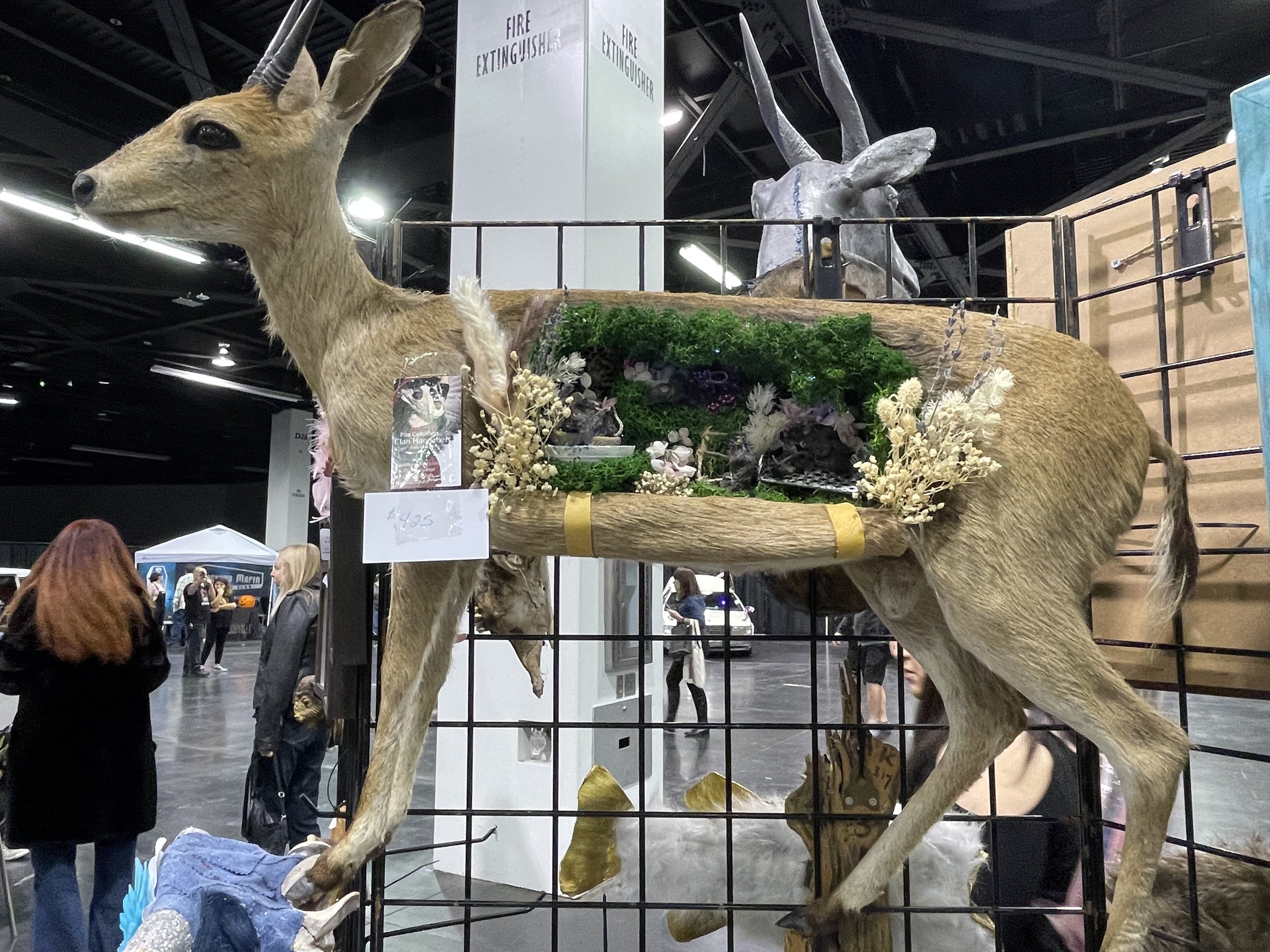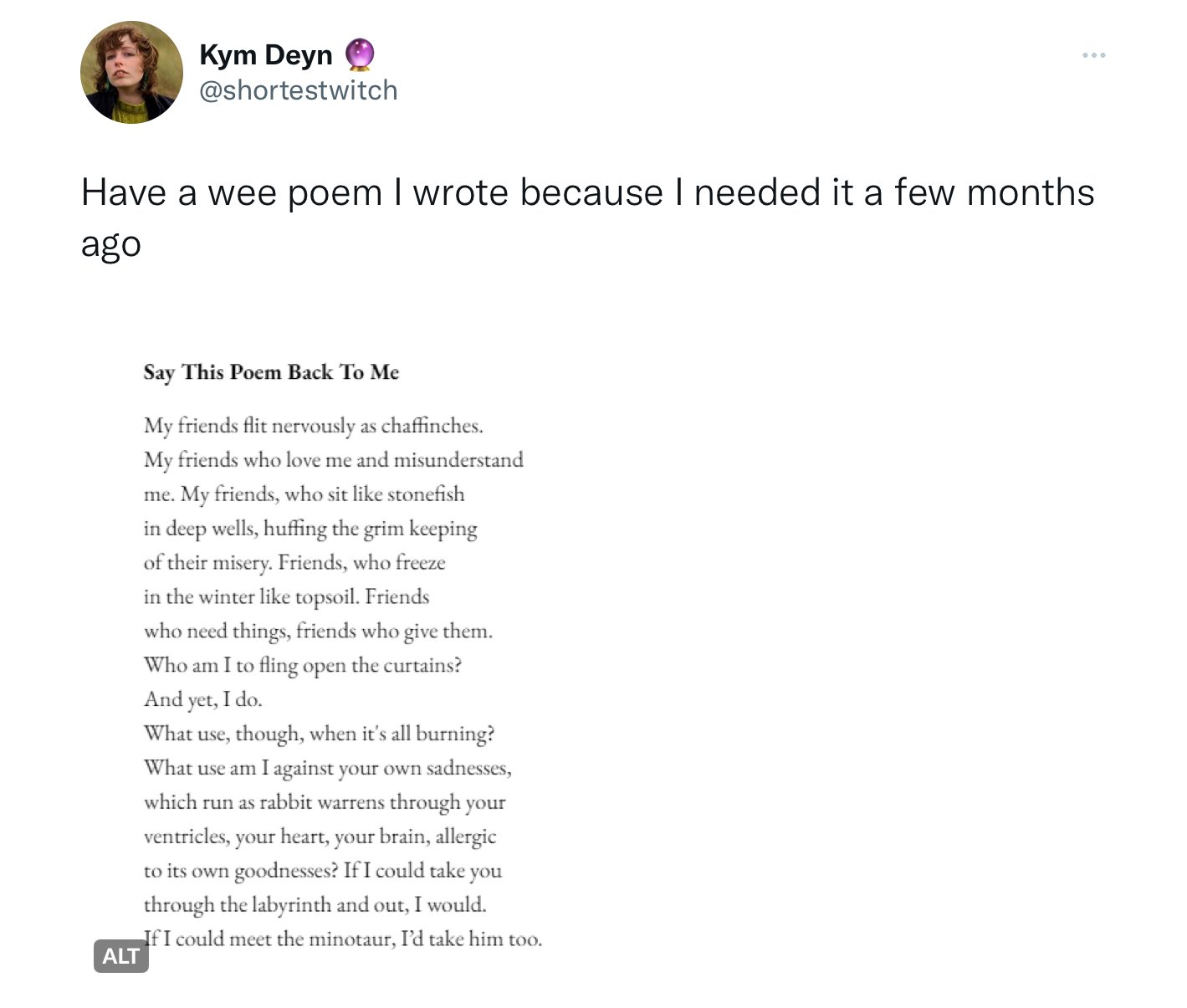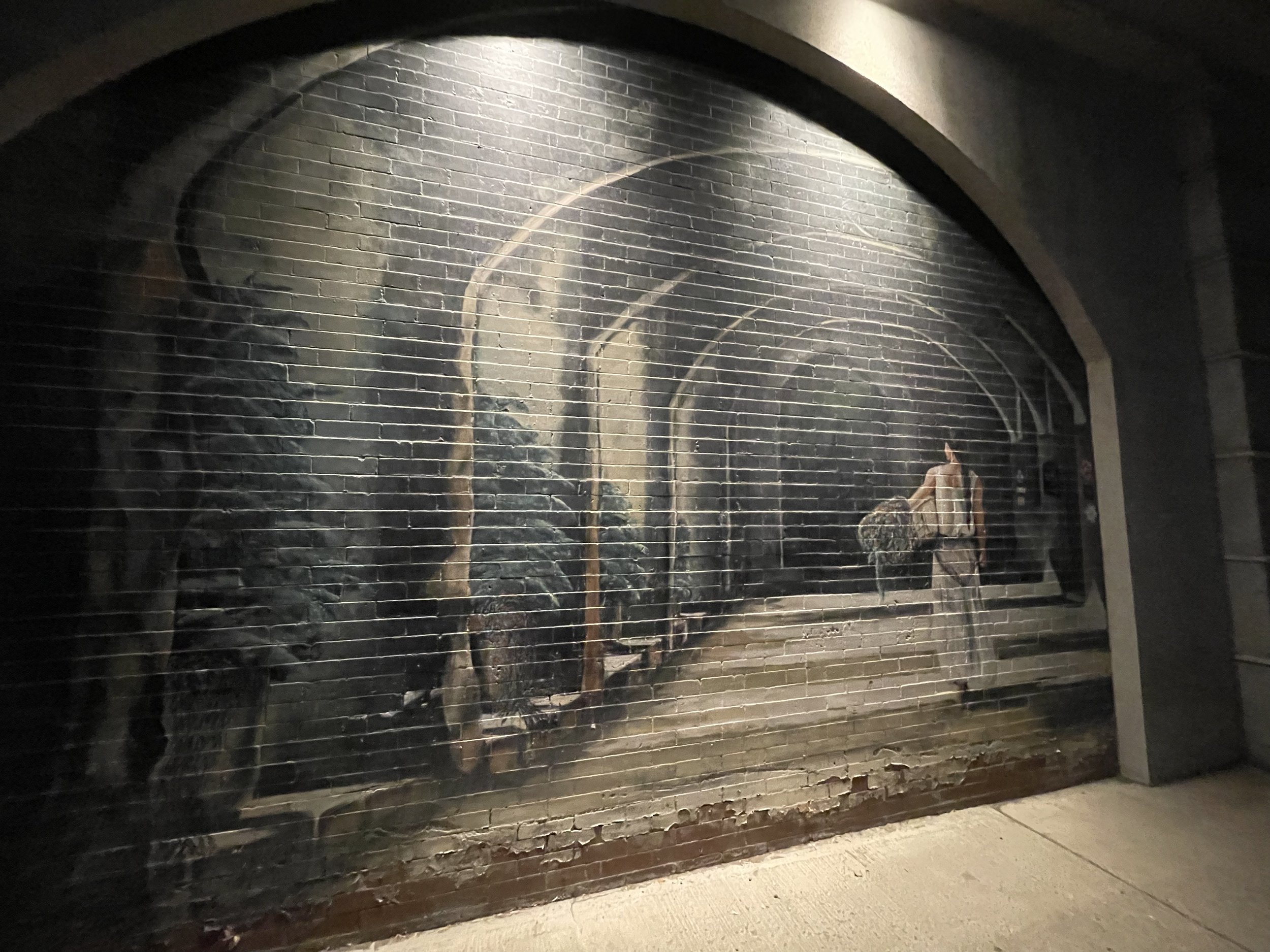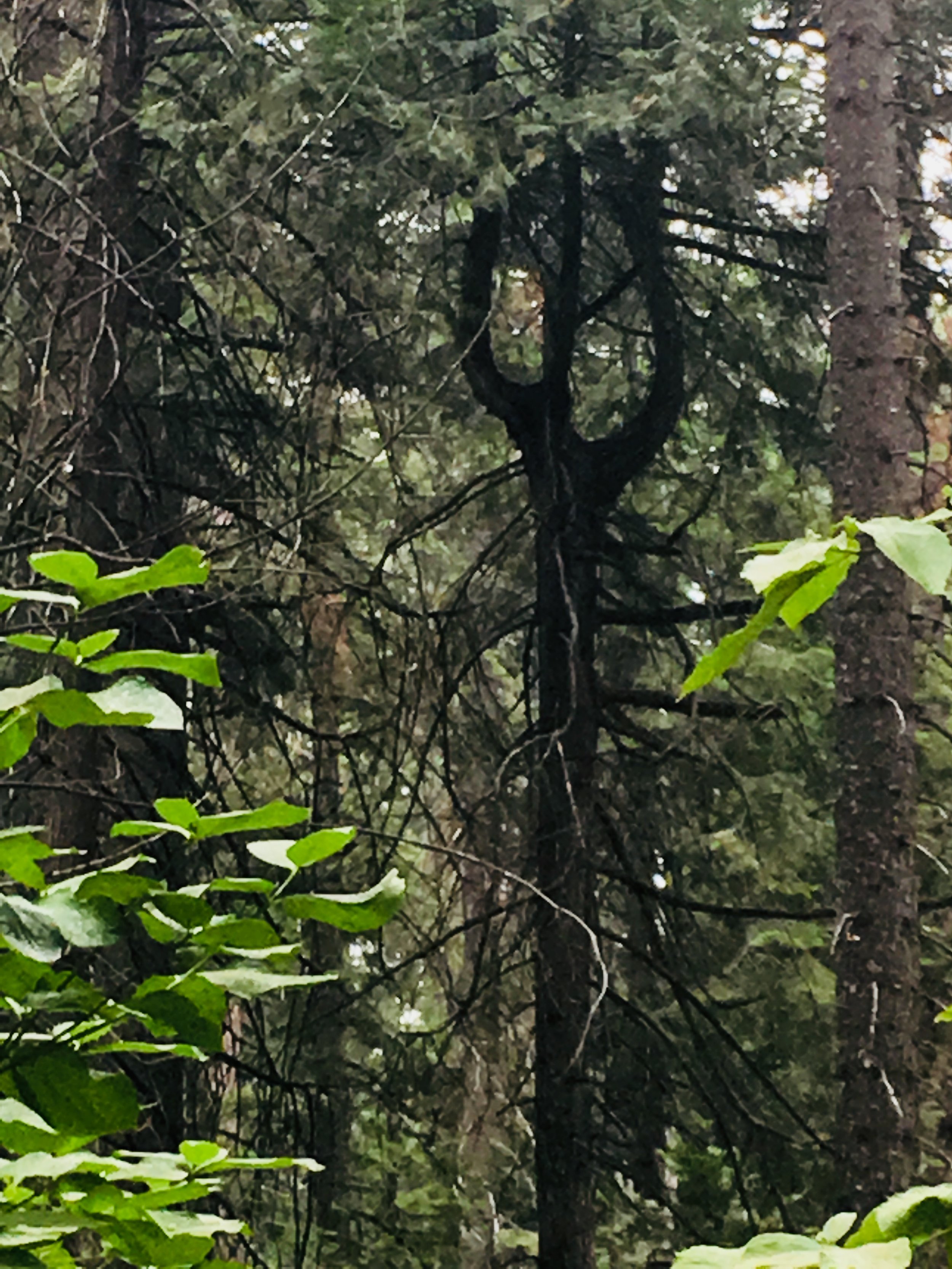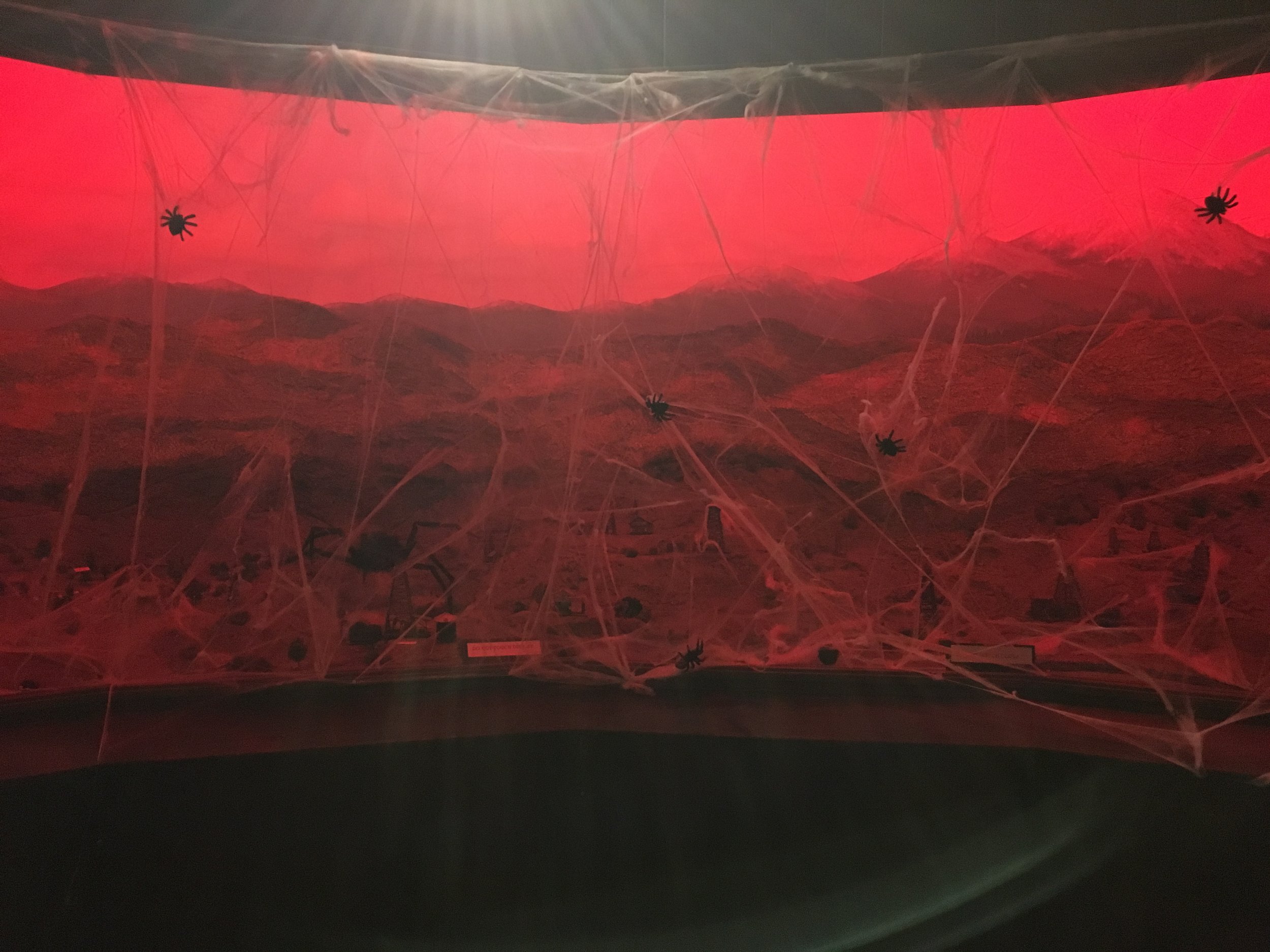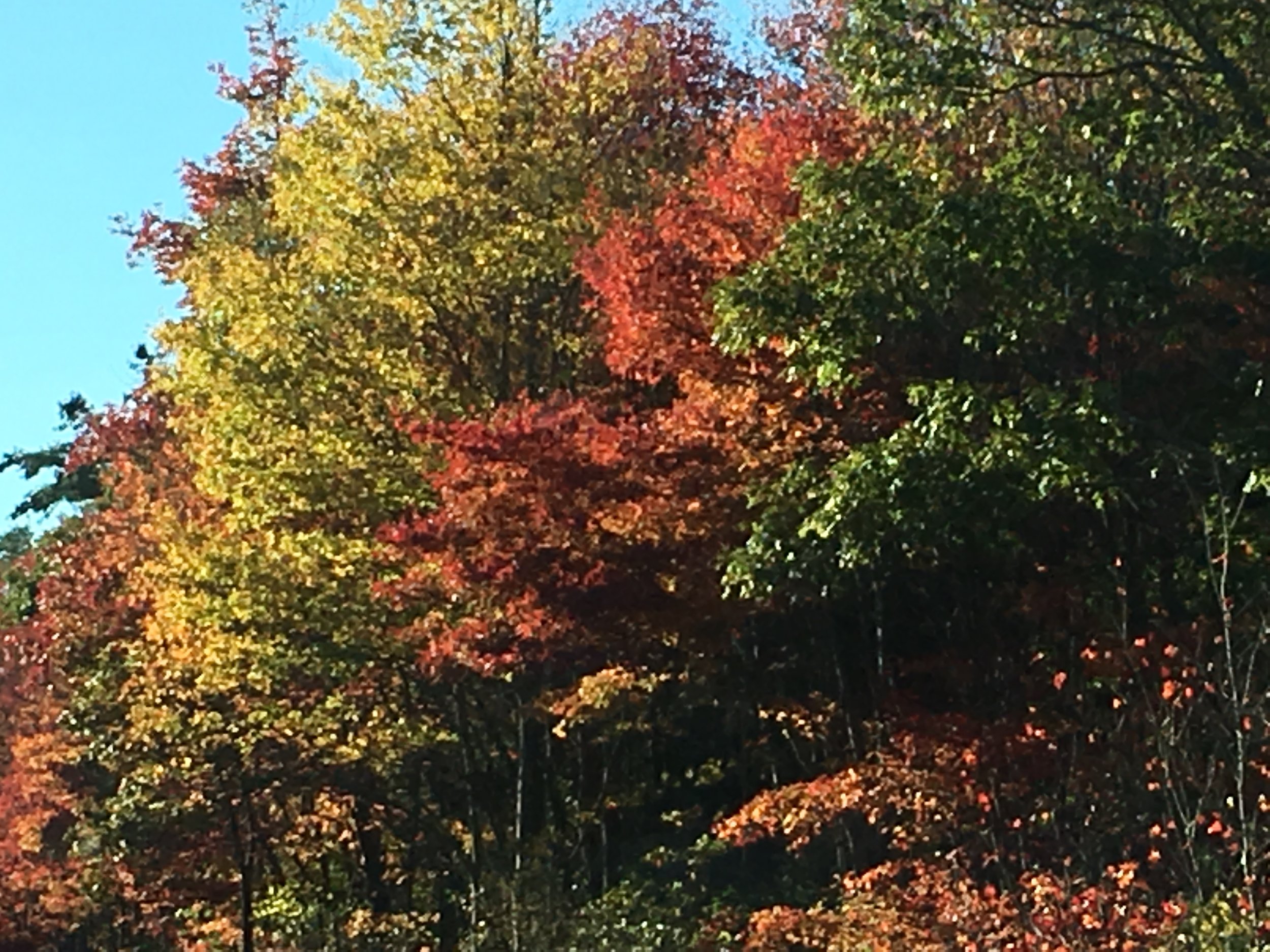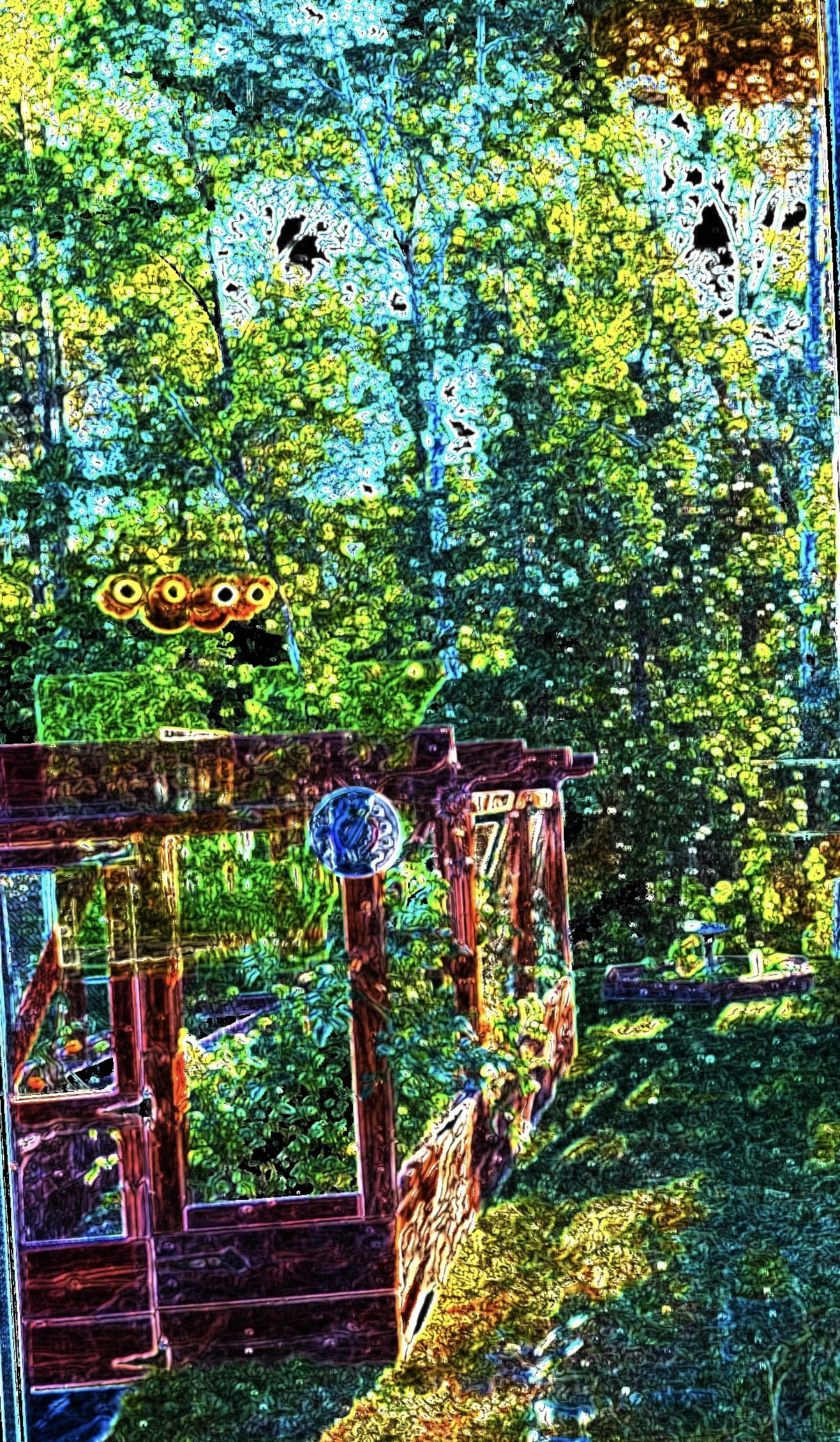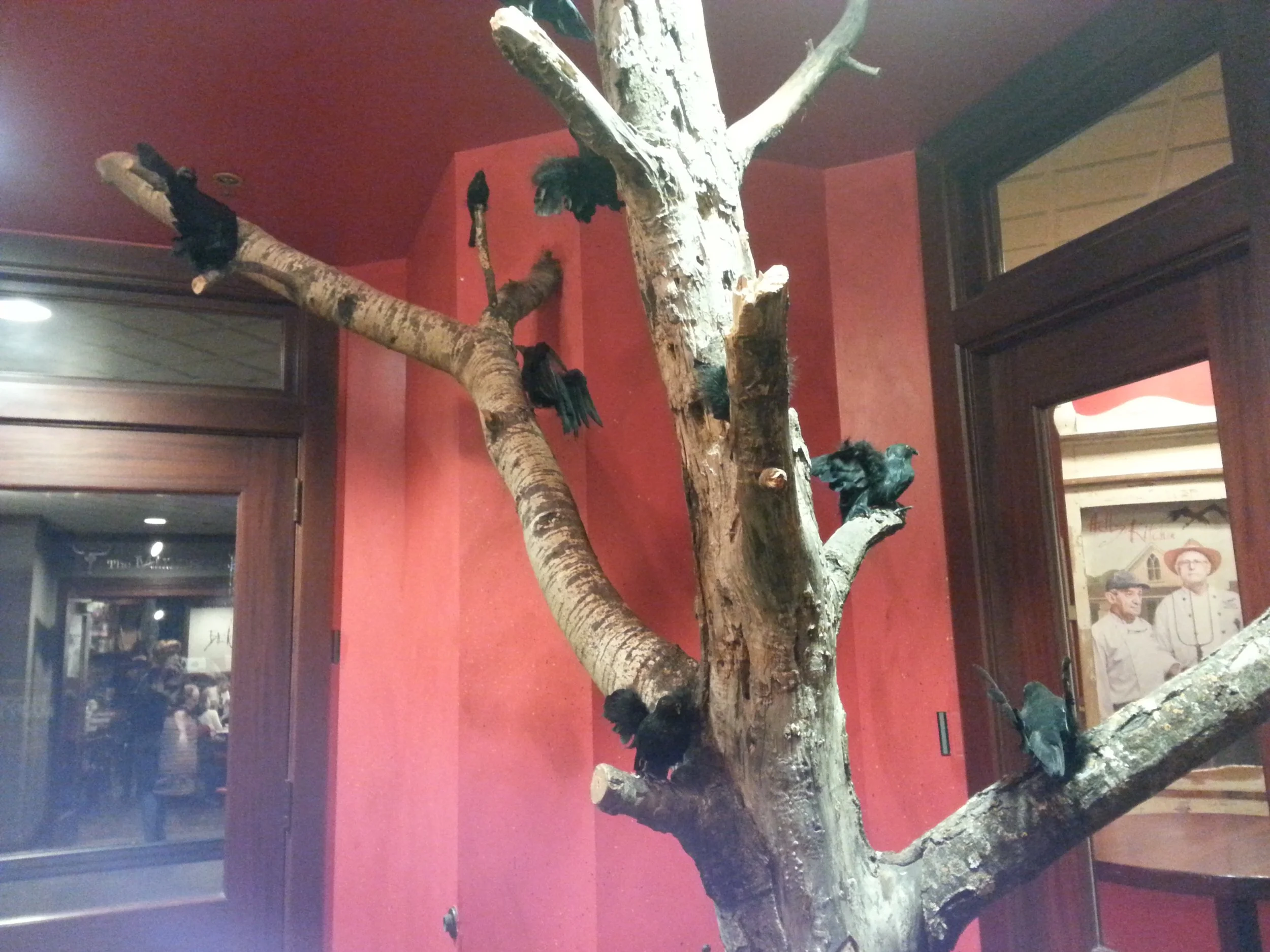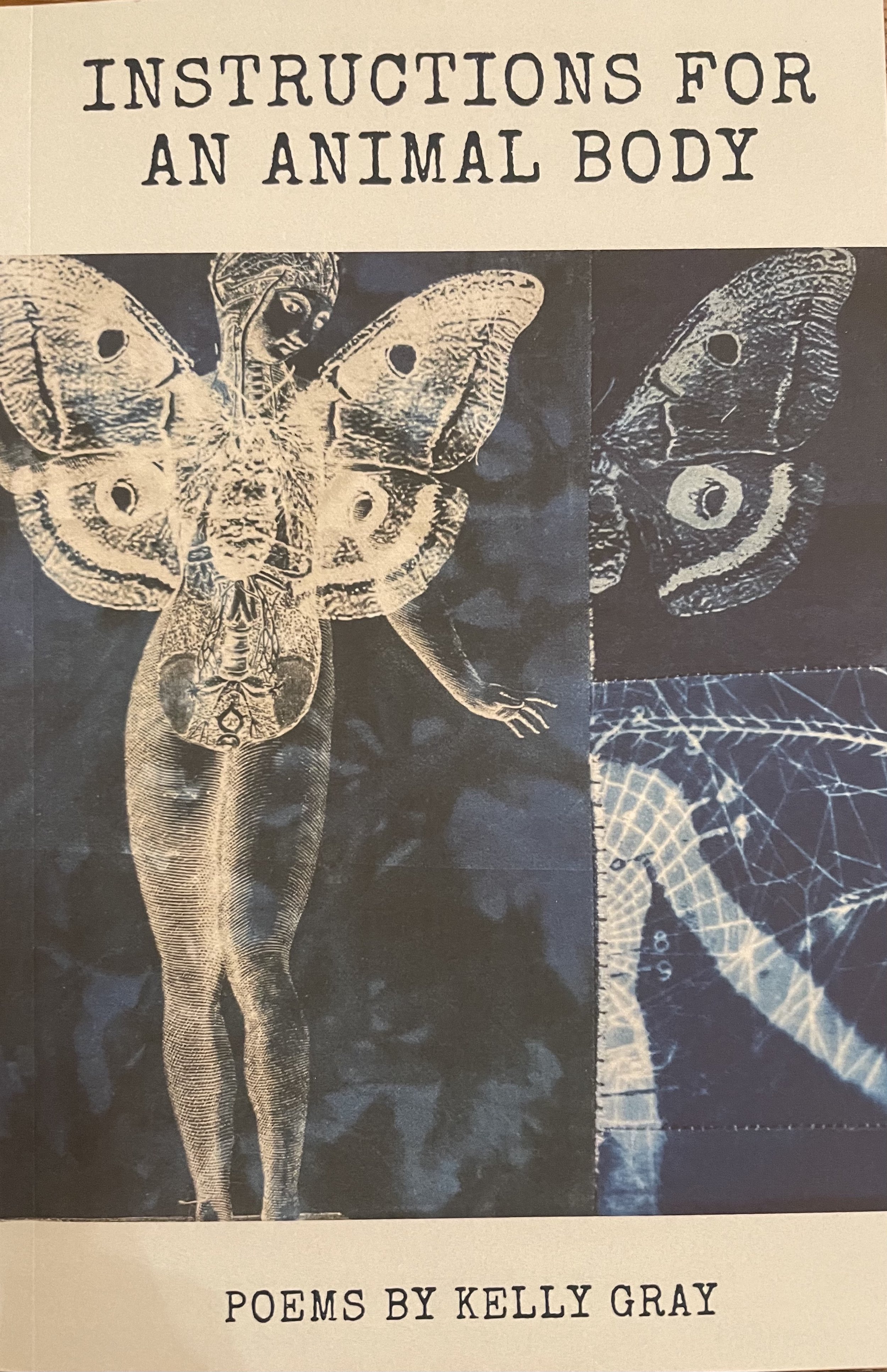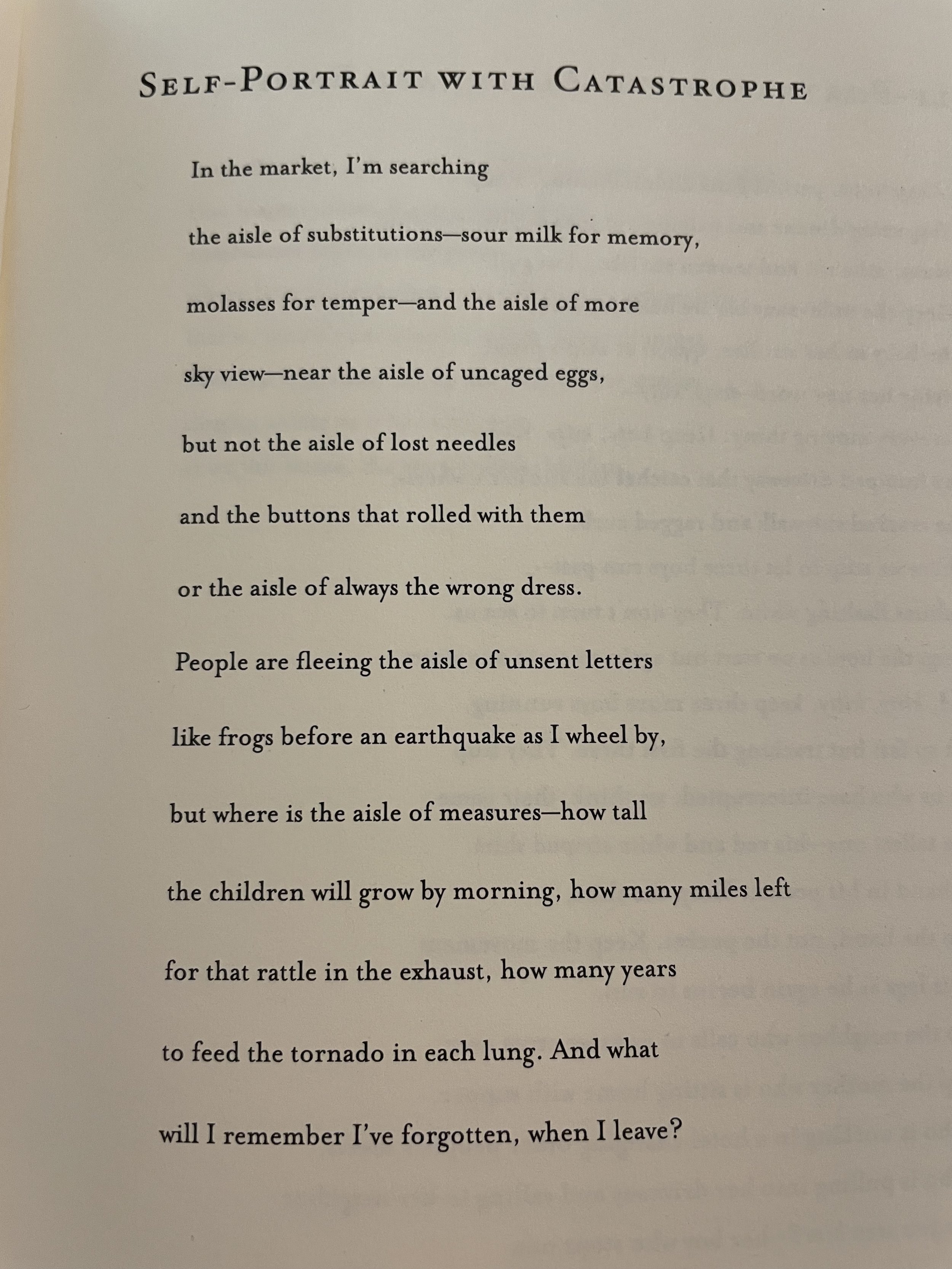I realize I haven’t regularly been posting fiction prompts, so I will try to work on prompts that can be used either.
Since it is a new year, let’s take inspiration from the Uraba lugens caterpillar and build upon what we’ve done in the previous year(s).
For your first prompt, take a poem or short story of yours that you feel was successful and create a “sequel” if possible by starting with the last line of that poem.
Your second prompt is similar: take your favorite lines from four or five of your unfinished poems and Frankenstein a new poem as if you were creating a cento. Mix and match to see what works.
For fiction/creative nonfiction or poetry, write advice/life lessons and offer praise from a former self (or character’s self) to your (or a character’s) current self. If possible, create a Greek chorus trumpeting your achievements.
Another possible direction to explore is to imagine all of the past year’s achievements/sins budding off of you like extra heads or sprouting into limbs or vines. What would you carry with you; what would you let separate from yourself?
And, finally, create a character/persona that mixes human and other traits. Btw, I have no idea what is going on in this store window.
Good luck writing! Have fun!









